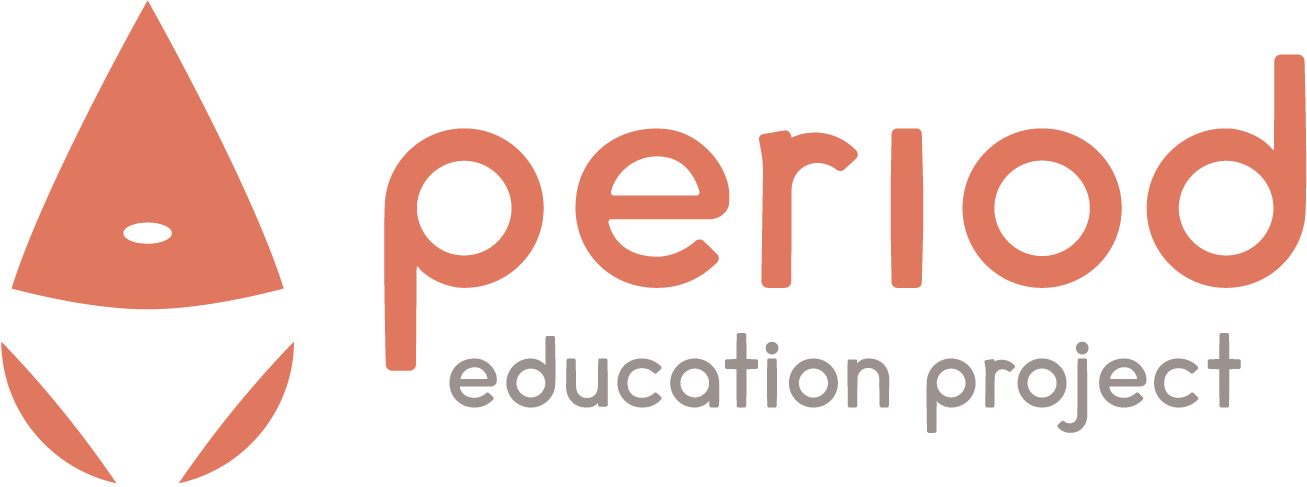Rachel Sabnani, Period Pro from Stritch School of Medicine, Loyola University

Rachel Sabnani, Period Pro
Imagine if we had a magic shot to prevent cancer? Wait a minute, WE DO. The HPV vaccine can prevent over 90% of cancers caused by the human papillomavirus (HPV).
You might be asking yourself though, why does that matter to me? Only old people get cancer.
It matters because the effectiveness of this vaccine requires administration during ages 11-12.
Now, let’s start at the beginning. The human papillomavirus (HPV) is a virus that is most commonly spread through skin-to-skin and skin-to-mucosa contact (mainly sex) but can also be spread from mother-to-baby during childbirth. HPV can cause warts on your hands, feet, face or genitals. There are many different strains of HPV (like different flavors of ice cream) and some have a favorite spot in the body to hang out (like how peppermint ice cream is only around during Christmas time). Some of these flavors of HPV are more dangerous than others. Some you will never know you have; some will cause warts (skin tag-like, cauliflower-looking growths on your skin), but others can lead to cancer in the cells they’ve been hanging out with. High risk strains of HPV (the dangerous flavors) such as type 16 & 18 can cause changes in the cells they’ve infected, usually in the cervix. These precancerous cell changes make it more likely that these cells become cancerous in the future. The worst part about these pesky high-risk strains is that they don’t cause warts—so you could never know you have them before the cancer shows up. That’s why cervical cancer prevention and screening is so important! Cervical cancer screening starts with pap smears at age 21 (when your OB/GYN removes a few cells off your cervix during an in-office pelvic exam and sends them to the lab). However, what I’m going to talk about today is cervical cancer prevention, which means preventing infection with HPV, especially those dangerous high-risk types, so your cells stay healthy.
So back to that magical shot—the HPV vaccine has been around for about two decades. So far, infections with HPV types that cause most HPV cancers and genital warts have dropped 88% in teen girls and 81% in young women. The percentage of cervical pre-cancers caused by the HPV types most often linked to cervical cancer has dropped by 40% in vaccinated women. So, it works! Really well! And the vaccine is a lot easier to go through than cervical cancer treatment down the line. So, let’s talk about when to get it.
It might feel weird to get a vaccine against a primarily sexually transmitted virus before you are sexually active, but the vaccine is most effective when given in a 2-dose series (2 shots, 6-12 months apart) at age 11-12. You can even start at age 9. If you start the vaccination series at age 15 or over, it is recommended as a 3-dose series (3 shots, oof) within 6 months. The vaccine is less effective the later it’s started, but the evidence suggests there may be some benefit of being vaccinated up until age 45, it’s up to you and your doctor. It is so important to vaccinate yourself and/or your child against HPV in this age range to protect yourself/them if/when they are eventually exposed to HPV. Also, it is important to understand HPV can affect anyone, not just vulva-owners. High risk HPV can lead to cancer of the cervix, anus, penis, throat, vagina or vulva. In fact, over 70% of oropharyngeal (throat) cancers are caused by HPV, most commonly those pesky high risk types, 16 & 18. Therefore, it is critical to make sure every teen is protected against HPV and subsequent cancer down the road. The HPV vaccine’s efficacy is like other vaccines in that it is most effective when we achieve herd immunity, or when little to no one is walking around with a high-risk HPV infection just waiting to spread to someone else.
Now that you know the HPV vaccine is a magical shot that can prevent cancer and is super important to receive around ages 9-12, let’s get into the nitty gritty. Gardasil®9 is the HPV vaccine available in the U.S., named appropriately as it protects against 9 different forms of HPV, including the high-risk flavors, 16 & 18. It is approved for anyone ages 9-45! The HPV vaccine is very safe with mild side effects such as sore arm, fever, dizziness, headache, fatigue, nausea, muscle/joint pain. This vaccine is not recommended if you have a yeast allergy, are pregnant or have had a life-threatening allergic reaction to any ingredient of the vaccine or a previous dose. Otherwise, everyone is eligible in their teenage years.
Talk to your doctor about getting the HPV vaccine series today! Most insurance companies will cover the cost but check out the Vaccines for Children (VFC) Program through the CDC for no-cost vaccinations.
P.S. Feel free to ask any lingering questions you have about HPV or anything else in the “Ask a Period Pro” section of this website.
References
“HPV (Human Papillomavirus).” Cleveland Clinic, 2 June 2025, my.clevelandclinic.org/health/diseases/11901-hpv-human-papillomavirus.
“HPV Vaccination.” Centers for Disease Control and Prevention, Centers for Disease Control and Prevention, 20 Aug. 2024, www.cdc.gov/hpv/vaccines/index.html.
Zhang, Yuehan, et al. “Projected Association of Human papillomavirus vaccination with oropharynx cancer incidence in the US, 2020-2045.” JAMA Oncology, vol. 7, no. 10, 21 Oct. 2021, https://doi.org/10.1001/jamaoncol.2021.2907.
